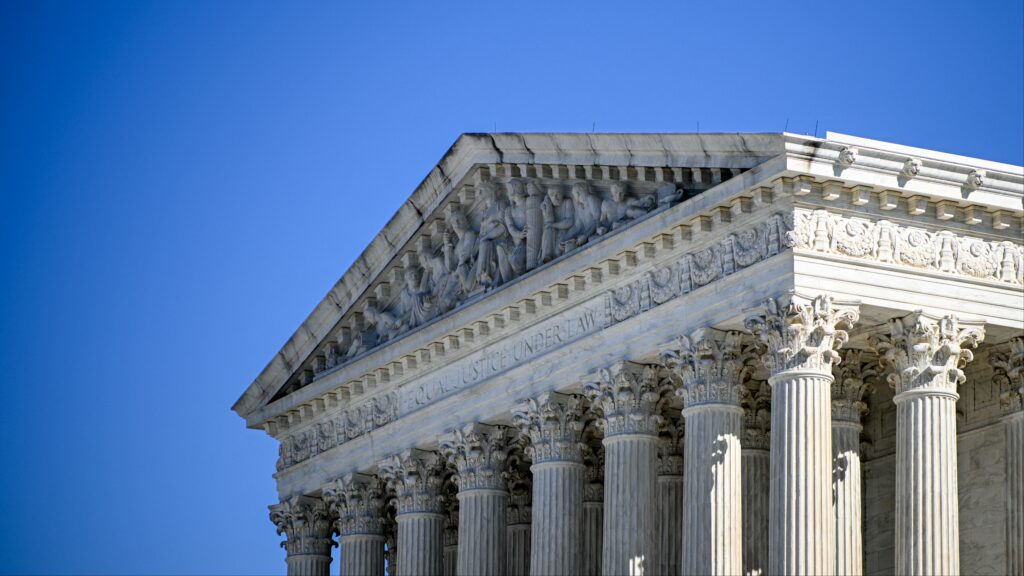As social media sites were flooded with misleading posts about vaccine safety, mask effectiveness, Covid-19’s origins and federal shutdowns, Biden officials urged platforms to pull down posts, delete accounts, and amplify correct information.
Now the Supreme Court could decide whether the government violated Americans’ First Amendment rights with those actions — and dictate a new era for what role, if any, officials can play in combating misinformation on social media.
The Supreme Court is set to hear arguments next month in a case that could have sweeping ramifications for federal health agencies’ communications in particular. Murthy v. Missouri alleges that federal officials coerced social media and search giants like Facebook, Twitter, YouTube, and Google to remove or downgrade posts that questioned vaccine safety, Covid’s origins, or shutdown measures. Biden lawyers argue that officials made requests but never forced companies.
Government defenders say that if the Court limits the government’s power, it could hamstring agencies scrambling to achieve higher vaccination rates and other critical public health initiatives. Critics argue that federal public health officials — already in the throes of national distrust and apathy — never should have tried to remove misleading posts in the first place.



The only sensible take.
Sadly I think that allowing people to spread lies is a necessity. Yelling “fire” in a crowded theatre clearly is over the line….
Perhaps the line is at misinformation that is intended to do direct harm?
So illegal to say “drink bleach” but not illegal to say “Covid is a hoax”
I’m not sure, but that’s the best line in the sand I can think of without giving too much power to governments, or allowing too much harm from a lie.
Intended will do all of the lifting there… it encourages people to yell nonsense without any investigation. That way it can never be claimed they should have known better.
Agreed. You’ll have to prove that the person knows (or reasonably should have known) that his words were going to cause great harm to someone. Not unlike telling someone to “kill themselves” where we already have some established laws/rules etc…